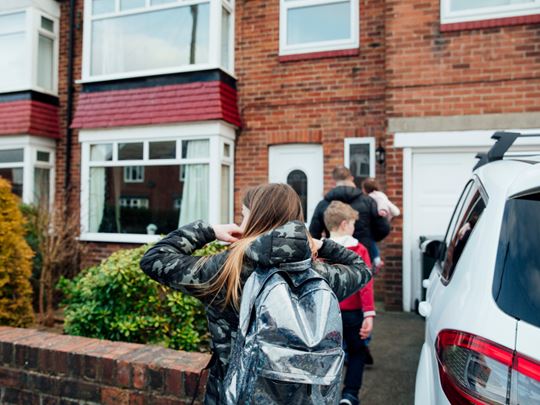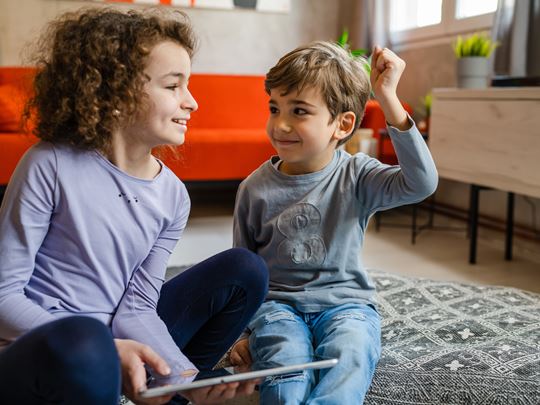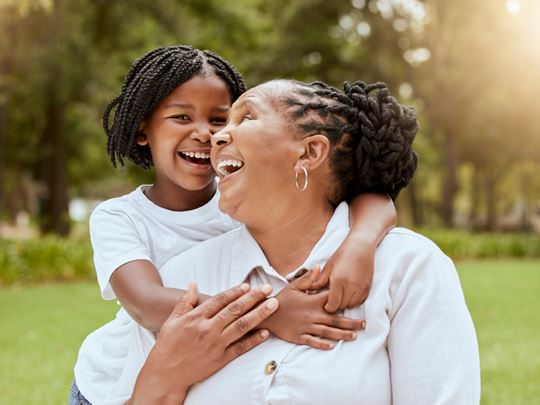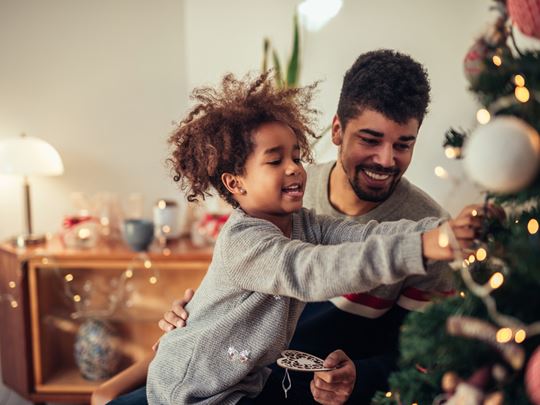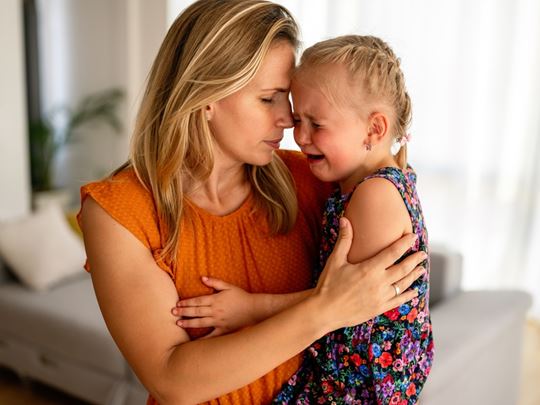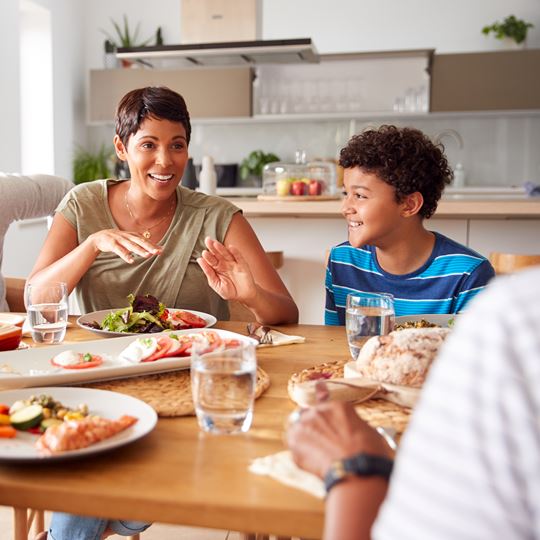
If your family has made the decision to begin fostering, and you already have birth children living at home, then one of your main concerns is likely to be how to best prepare your kids for the transition.
While every child is different, and a lot will depend on age, it is important to make sure your birth kids understand as much as possible about what is happening and feel positive about it.
The best way to achieve this is, of course, by communicating with them, and making them feel involved. It is not always so simple to get children to open up about their own thoughts or concerns, however, and so it can be good to use activities that prompt them to ask the questions they have, as well as to make them feel comfortable and happy about the change coming into their lives.
6 ways to prepare your birth children for fostering
Here are some activities you can do with your kids as you prepare to welcome a foster child into your home, that can help with their understanding, their excitement about meeting their new foster sibling, and with bringing out any worries or questions they might have.
1) Plan "jobs" for the day their foster sibling arrives
Feeling involved in the process is very significant for children already living in your home. It can be easy for them to feel ignored on the day the foster child arrives, due to the attention you'll need to be giving to everything. Alternatively, children with more outgoing personalities may be so keen to get to know the new arrival that they overwhelm them or try to take too much control over proceedings.
To avoid this, it can be good to sit down together and decide on roles on the day of arrival. Even a very young child can enjoy having a responsibility like introducing the family pet or showing the foster child around their room. Having a planning session like this not only allows you to give out tasks that make your kids feel helpful and invested but can also help them imagine what the day will be like and how it will go. This also gives them a chance to ask about things they might currently be confused about.
2) Prepare the bedroom for the foster child together
Another great way to make your kids feel involved is to have them play a part in preparing the bedroom for the new foster child.
This will be a room in the home that your kids are used to seeing as something else, like a guest room or boring spare room, and it can really help with their enthusiasm to help transform it into a comfortable room for a new child to live in.
Naturally, how much they can do will depend on age, but even children too young to do anything practical with the decorating can enjoy being included in picking things out.
3) Have a question-and-answer session
While the topic of fostering will probably be one you are talking about a lot as a family as you prepare, it can be good to plan a formal question-and-answer session so that your kids have a chance to think properly about all the things they want to ask, and know you've set aside that time to answer them.
You may want to do this a few times throughout the process, for instance, in the early stages of the process, when they're likely to have broader questions about when things will happen and how life will be different, and then later when you know who your first foster child will be, and they are more likely to want to know about them specifically.
These sessions can be a good chance to bring up your own topics too, such as talking about privacy in the home after the foster child arrives, and about how to answer questions from their friends and other people about their new situation.
4) Choose some items to give to the foster child
For a foster child, it can make a lot of difference to feel welcomed by the other kids they'll be sharing a home with, and a great way to help your birth children understand about how they can help them feel that way is to get them to choose something of their own to give to the foster child or put in their room.
A toy, a poster, or something else they think the new child will like, is generally a small sacrifice to ask them for, but it can help them start to think about how they can be compassionate to your foster child and help them settle in.
Another option with younger children is to draw or paint something together to give to the foster child. This can be just as welcoming and is once again a good chance to talk about the new child and what sort of things they might like (if you already know things like their age and gender).
5) Explore stories about foster children, adoption and children in care together
For children of any age, books, TV shows and movies can be a great way to get talking, and to explore ideas. There is plenty of media that features children who are fostered or adopted, or who have been in care, and sharing some of these stories together can help bring out some questions from your kids.
Another advantage of using fiction is that fictional characters' experiences are often described in a way that can really help them sympathise with a foster sibling who may have a traumatic background.
Even if you choose stories that are silly and fantastic, like Despicable Me, or have historical settings like Anne of Green Gables or Annie, just enjoying and talking about these stories together can be very helpful.
Watching and reading things together is best, but if your kids are too old to be read to yet they enjoy reading, giving them some novels that have these themes is also a good way to help them think more about what the experiences of children in care might be like.
6) Plan a quiet night in
While you aren't going to want to go too crazy when your new foster child arrives so as not to overwhelm them, planning some gentle activities to do together by way of a welcome is another nice way to get your kids involved.
Depending on the age of your birth children, their role in this could involve anything from picking out food, making a welcome book or helping bake a cake, to planning some video games to play together.
It is best to think of things that make the day feel happy and comforting without going too far outside of what normal life in your home is like.
Of course, you will need to explain to your children that their new foster sibling may not want to get involved, and that’s okay too.
The period in the run-up to welcoming your first foster child is one that is full of opportunities to get your birth kids ready, informed and positive about the changes to come. Every family and situation is different, but hopefully doing some or all of these things together will help your birth children feel comfortable and enthusiastic about fostering.
Ready to start your fostering journey?
By phone
One of our team is available to talk to you over the phone to answer any of your fostering queries.
Enquire online
You can get in touch by filling out our online enquiry form with any queries that you may have.
Your local office
We have local teams covering most of England. Find your local office today.

